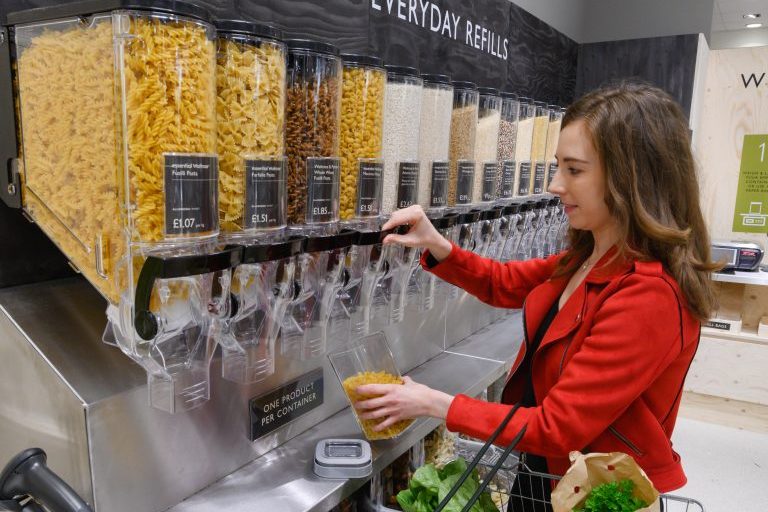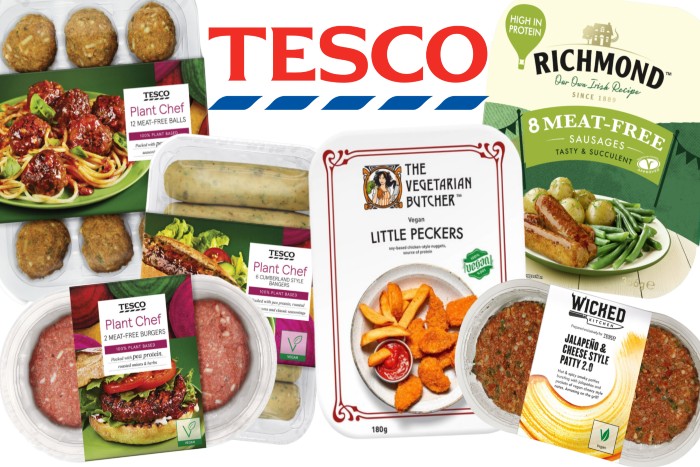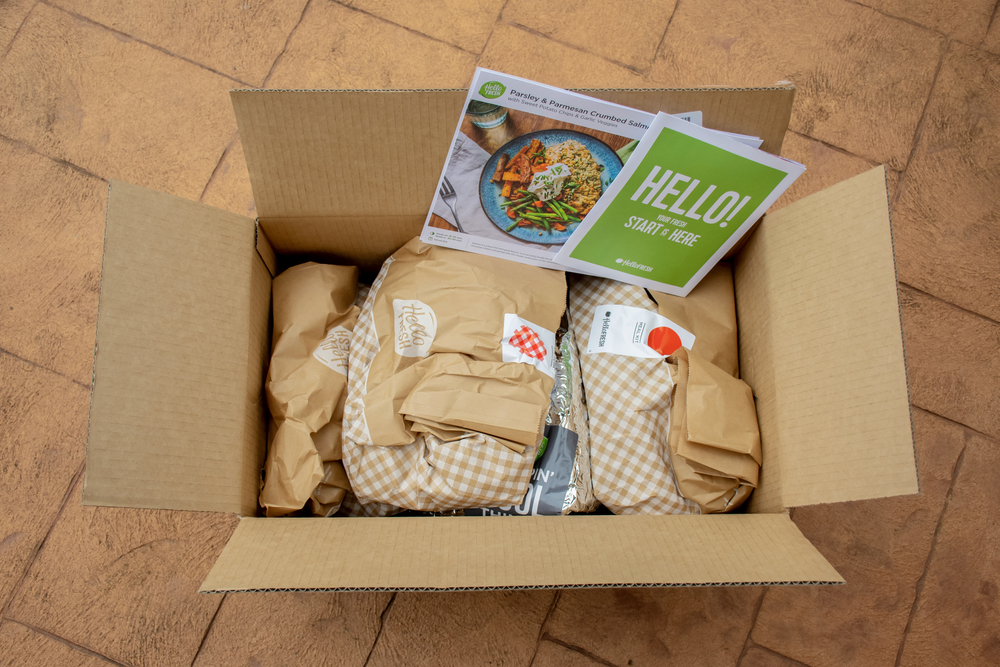Tesco this week added products from sex toy specialist Lovehoney to 250 of its Extra stores.
It appears sex toys are in high demand right now. They were a popular purchase during lockdown and mainstream retailers have been trying to get in on the act.
In the US, beauty giant Sephora started selling vibrators from two separate sex toy sellers, Maude and Dame, this month while department stores Nordstrom and Bloomingdale’s introduced vibrators to their offers last year.
For Tesco, this is the latest move to fine-tune its product offering as it focuses on higher growth areas.
Earlier this month, the grocer confirmed to Retail Gazette that it was “phasing out” CDs and DVDs to focus on “ranges where we see the highest demand from customers”. Homewares and outdoor products, which are still popular with shoppers who are spending more time at home in the aftermath of the pandemic, were its chosen replacements for CDs and DVDs.
Tesco is not alone. Other grocers are constantly rejigging their offer, and introducing new high-growth categories into stores. But where are they focusing to drive additional sales? Retail Gazette finds out.
Vaping
Vaping is big business right now. Walk down any high street and you are bound to find at least one vape shop as there are currently almost 3,000 in the UK. It’s no surprise as 7.1 million UK adults vape.

The grocers are looking to replace lost revenue from dwindling cigarettes by becoming the place to go for vaping goods. They already hold almost a third of the market share for vaping, according to Kantar data for the year to 21 November 2021, but are eyeing a greater slice of the market.
Shopper Insights founder Bryan Roberts says: “Vapes is a huge growth area and it is notable that Sainsbury’s has flipped gondola ends on some stores to carry an extensive vape range while Asda has opened a vape shop-in-shop with specialist Totally Wicked in its Milton Keynes store.”
Refillable products
Sustainability is becoming a bigger priority for shoppers with many trying to cut down on the amount of single use plastic they use. This has led some shoppers to purchase product refills to minimise packaging waste.
The big supermarket groups have started to dabble in refill stations to cater to this customer.

M&S has rolled out its ‘Fill Your Own’ refillable concept to 11 stores while Waitrose has launched its own version, Waitrose Unpacked, in 13 stores and has even integrated unpacked items into regular aisles at its Wallingford, Oxfordshire, store.
Meanwhile, just this week Nisa revealed it would introduce a refill station into its revamped Local format.
Asda has gone one step further and launched dedicated refill stores. It now has three packaging-free stores, after opening its first in Leeds in October 2020.
The stores feature products from brands including PG Tips, Vimto, Kellogg’s, Radox and Persil as well as own-brands. Customers bring their own containers to store to fill up on items such as tea, coffee, rice, pasta and washing powder.
The retailer is testing the sustainable store concept to see what elements can be developed at scale and rolled out to more locations.
Expect refill stations and refillable products to become ubiquitous over the next few years.
Plant-based foods
This is by no means a new category as the big supermarkets have been ramping up their meat-free options for the past few years to capitalise on growing demand.
In September 2020, Sainsbury’s increased the store space allocated to fresh plant-based ranges by 40% while Asda launched two dedicated vegan bays filled entirely with plant-based products in stores the same month.

However, expect the amount of space devoted to plant-free products to accelerate over the next few years.
GlobalData senior analyst for consumer Nidhi Chauhan believes the grocers will continue to invest heavily in plant-based meal concepts.
“Greater innovation is required to excite and tempt customers to try something new, but it is also particularly important this year as meat prices rise so grocers can use plant-based options as more affordable meat-alternatives,” he says.
“As well as developing own label plant-based items, it will be important for the grocers to partner with brands to bring credibility to plant-based ranges and showcase quality.
“For instance, Beyond Meat partnered with Tesco to introduce a new plant-based ready meal range in 2021, and we expect to see more of these collaborations in 2022 which will help stimulate spending.”
Pick & mix
Since Woolworths’ demise the only mainstream retailer that targeted pick & mix in a big way is Wilko. Until now that is.
Roberts believes that the grocers will start introducing pick & mix into stores when the HFSS legislation comes into force later this year.

The legislation restricts the promotion of foods high in fat, salt and sugar, in locations such as end of aisle displays, store entrances and checkouts.
However, pick & mix is exempt from the legislation so creates a growth opportunity for supermarkets, according to Roberts, who expects brands and retailers to collaborate to install pick & mix units on gondola ends or at the front of stores.
READ MORE: Tesco: the game-changing initiatives it is making cuts to fund
Meal kits
Meal kit providers Hello Fresh and Gousto thrived during the pandemic as shoppers spent more time cooking at home during lockdown and demand has remained strong for such services.
According to GlobalData’s latest consumer survey, carried out in the final quarter of 2021, 42% of consumers enjoy cooking meals at home from scratch.

This is stealing valuable share from the big grocers, which will all be striving to win back this customer. As well as upping their game in terms of their ready-to-heat and ready-to-eat meal options, grocers willl look to produce their own cook-from-scratch options, according to Chauhan.
“Product innovations will be crucial to stand out from competitors and tap into the growing segment, especially this year in the UK . With tighter household budgets due to inflation consumers will seek convenience in these kind of product ranges,” he says.
Waitrose has teamed up with Mindful Chef, the recipe box service it tried to buy in 2020, to create a co-branded kit, which went on sale in January.
However, expect more activity around meal kits in grocery stores, including tie-ups with established providers.
Tesco has already inked a deal with meal kit firm Simply Cook to launch an in-store meal kit offer. Last year, Britain’s biggest supermarket introduced a ‘Let’s Cook’ chiller bay into 1300 of its Express stores, inviting shoppers to create a meal for two for £6.
Shoppers choose a protein, such as chicken, or a plant-based alternative, a veg and a carb to combine with the SimplyCook ingredients kit of their choice. Kits include Caribbean Jerk BBQ and Japanese Miso Rice Bowl.
Covid tests
The government revealed earlier this week that it would scrap free lateral flow and PCR tests from 1 April. Only care home residents, hospital patients and other vulnerable groups will still be given free tests if they have Covid symptoms.
This has created a rush of retailers vying to add Covid testing kits to their offer.

Boots was first to market and revealed the day after the government unveiled is ‘Living with Covid’ plan that it would start selling tests for £5.99 online for a single test or £17 for a pack of four, including delivery. From early March the tests will be available in more than 400 Boots stores at the lower price of £2.50 for a single test and £12 for a pack of five.
However, Superdrug has already undercut Boots by pledging to sell a single lateral flow test will be priced at £1.99, and a 5 pack for £9.79.
The grocers are expected to follow suit and drive down prices. Discounter Lidl already stocks tests in its Irish and German stores, while Aldi offers lateral flow tests at its European stores.
The tests are likely to be in high demand during seasonal Covid peaks and will undoubtedly drive additional sales for the big supermarket groups.
Click here to sign up to Retail Gazette‘s free daily email newsletter
The post Six new grocery growth categories: from sex toys to Covid tests appeared first on Retail Gazette.
from Retail Gazette https://ift.tt/tQxL5RX
via IFTTT
Comments
Post a Comment